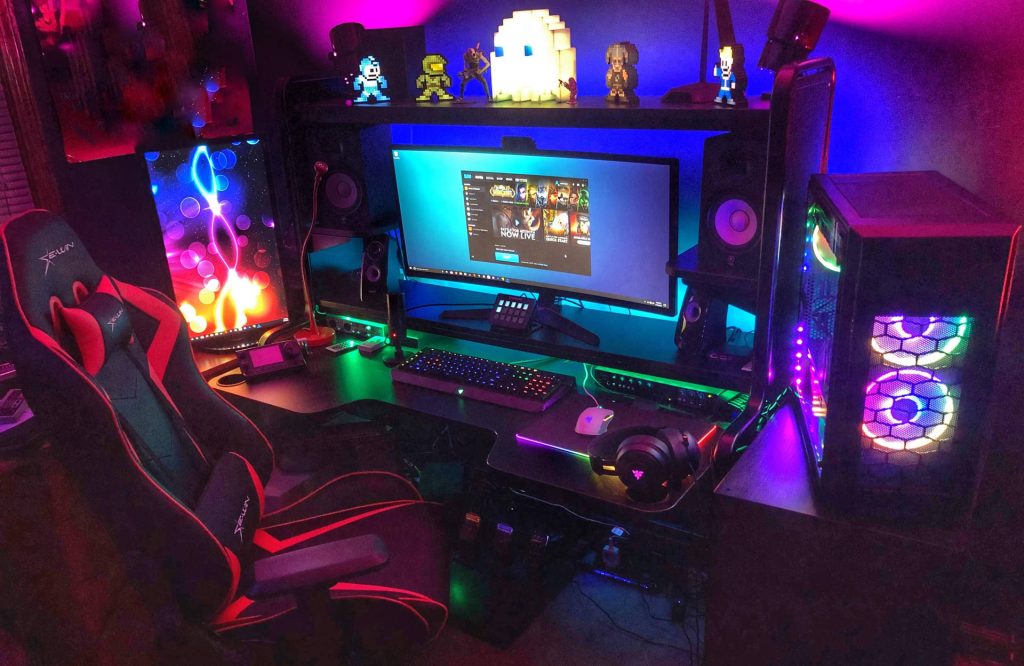When purchasing gaming accessories, it’s essential to make informed decisions to enhance both your gaming experience and comfort. Here are some tips to guide you in choosing the best accessories:
1. Identify Your Needs
Before purchasing, think about what aspects of your gaming setup need improvement. Do you need better sound, comfort, or customization options? Gaming chairs may be your top priority if comfort is key, while keyboards or mice should be the focus if you are aiming for precision and performance.
2. Focus on Ergonomics
Ergonomics are crucial, especially for long gaming sessions. Look for accessories like ergonomic chairs, keyboards, and mouse pads that support a natural posture and reduce strain on your body. Features like lumbar support, adjustable armrests, and footrests can prevent discomfort and improve your gameplay.
3. Research Reviews and Comparisons
Online reviews and comparisons can give you insight into the performance and durability of products. Check trusted websites, such as Tom’s Hardware, CNET, or specialized gaming forums, to see what other gamers say about a product before making your purchase.
4. Budget Wisely
Gaming accessories can be expensive, but you can still find good-quality products within your budget. Set a price range and stick to it. Often, accessories like gaming mice or keyboards come in different tiers (entry-level, mid-range, and high-end), so choose one that offers the best value without going over your budget.
5. Compatibility with Existing Gear
Make sure your new accessories are compatible with your existing gaming setup. For instance, check that the keyboard and mouse are compatible with your PC’s operating system and that the headset works well with your preferred gaming platform, whether it’s PC, Xbox, or PlayStation.
6. Look for Customization Options
For gamers who enjoy personalization, seek accessories that offer customization features. RGB lighting, programmable keys, or adjustable settings can make your setup unique and add a fun, indulging touch to your gaming experience.
7. Durability and Warranty
Gaming accessories can endure heavy use, so durability is key. Opt for products made from high-quality materials, such as metal frames for chairs or mechanical switches for keyboards. Also, look for accessories that come with warranties to ensure that you’re covered in case of defects or malfunctions.
8. Test Before You Buy (if possible)
If you have the chance, try out the product before purchasing. Some electronics stores or gaming retailers have demo units you can test. This is especially helpful for keyboards and mice, as you’ll be able to assess the feel and response of the devices firsthand.
9. Prioritize Audio Quality
Good sound quality is vital for a better experience. Whether you prefer headsets or speakers, choose accessories that offer clear audio and sound positioning. Consider surround sound capabilities for added indulgence in competitive games.
10. Consider Future Expansion
When purchasing gaming accessories, think ahead. If you plan to upgrade your gaming setup, choose accessories that can grow with your needs, like modular desks or upgradable headsets. This way, your investment will remain valuable as your setup evolves.
By carefully considering these aspects, you can find gaming accessories that fit your style, performance needs, and budget.

